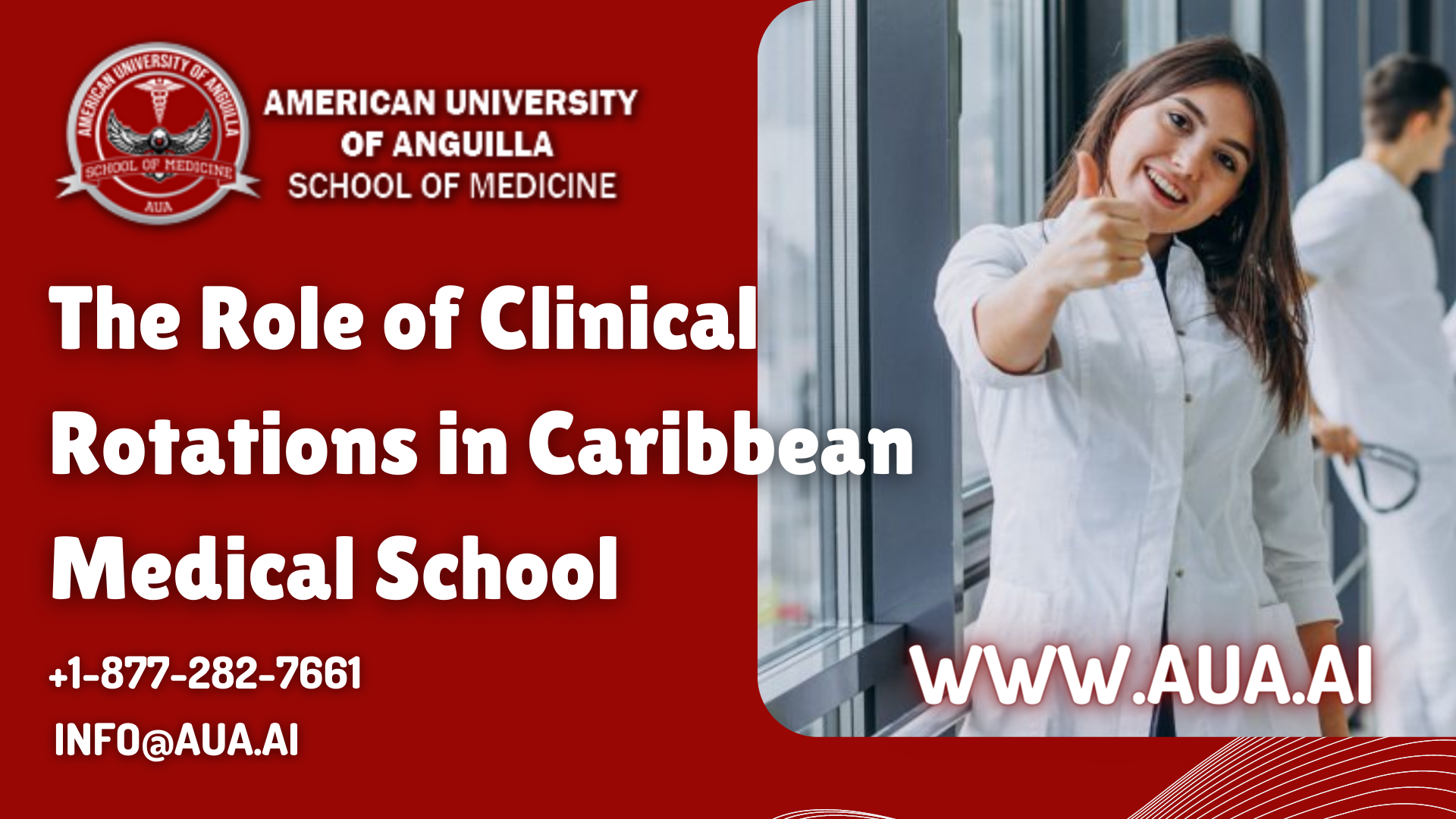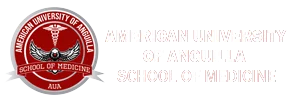

Blogs
The Role of Clinical Rotations in Caribbean Medical School
Clinical rotations are an essential component of medical education, and they play a crucial role in preparing medical students for their future careers. In Caribbean medical schools, clinical rotations provide students with the opportunity to gain hands-on experience in different medical specialties and work with patients in real-world settings.
At the American University of Anguilla (AUA), clinical rotations are a mandatory part of the curriculum for all medical students. During the clinical years, students have the opportunity to rotate through a variety of clinical settings, including hospitals, clinics, and community health centers, both in the Caribbean and in the United States.
The clinical rotations at AUA are designed to provide students with a comprehensive learning experience that exposes them to a wide range of medical conditions and treatment modalities. During their rotations, students work closely with experienced physicians, nurses, and other healthcare professionals to develop their clinical skills, including history-taking, physical examination, and diagnostic reasoning.
In addition to developing clinical skills, clinical rotations also allow students to gain exposure to different medical specialties and subspecialties. This exposure helps students make informed decisions about their future career paths and provides them with the opportunity to explore different areas of medicine.
One of the unique advantages of clinical rotations at AUA is the opportunity to gain international clinical experience. Students have the opportunity to complete rotations at hospitals and clinics in the Caribbean, as well as in the United States. This exposure to different healthcare systems and cultures can help students develop a broader perspective on medicine and healthcare.
In conclusion, clinical rotations play a critical role in the education of medical students at Caribbean medical schools like AUA. They provide students with hands-on experience in different medical specialties, help them develop clinical skills, and expose them to different healthcare systems and cultures. Clinical rotations are an essential component of medical education, and they help prepare students for their future careers as physicians.
